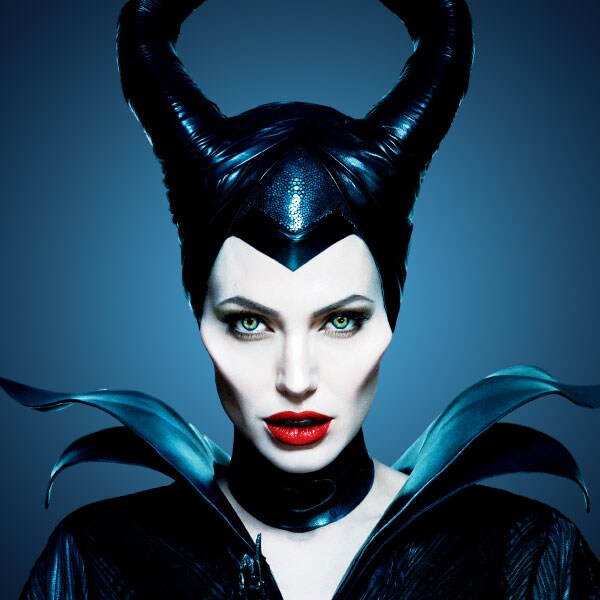Convention, Perception, and the Symbolism of the Color Black
 |
| screenshotted from Spotify |
I'm listening to Chronixx's album Chronology which my Jamaican friend recommended to me. Chronixx is a Jamaican reggae artist for those who don't know, and I didn't know much about his music before. But this new reggae album is uplifting with its social commentary and personal narrative. Take a listen. You're probably wondering what this has to do with a wedding dress - don't worry, I'm getting to that.
The first song that popped up when I pulled up Chronology on Spotify was Black is Beautiful. Coincidence? I think not. He sings, "they never told us that black is beautiful". I'm taking "they" to be Western mainstream culture, but it could just as easily apply to someone or something else.
 |
Maleficent rocking her black ensemble. Great
movie though (Source: http://movies.disney.com/maleficent) |
So aside from the very obvious denouncement of dark skin in the dark days of slavery, it's no secret that both then and now, in Western pop culture (literature, art, the works), the color black has been associated with being evil/darkness and other countless negative things. You don't even need to google it. Just think of popular sayings like blackmail, blacklist, black sheep, and the fact that Maleficent and half of those evil witches in Disney movies wear black capes. Then there's this unforgettable image of my soul becoming "black" when I sin, which has stayed with me from childhood. Religious or not, it's a poignant image. Meanwhile, white is associated with purity and goodness and cleanliness. A lot of other religious references come to mind here, like baptism, and weddings, confirmation, doves...but why?






